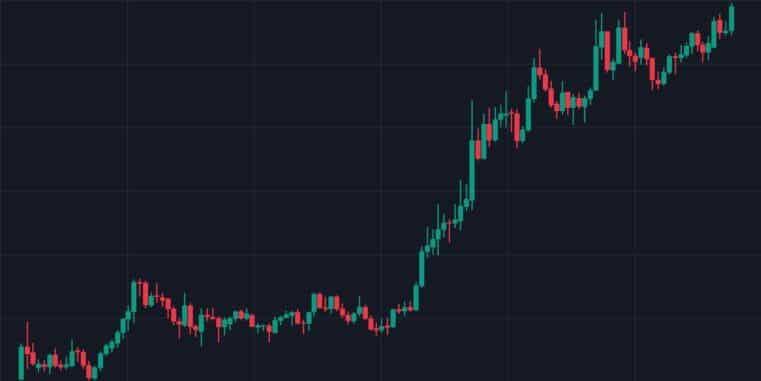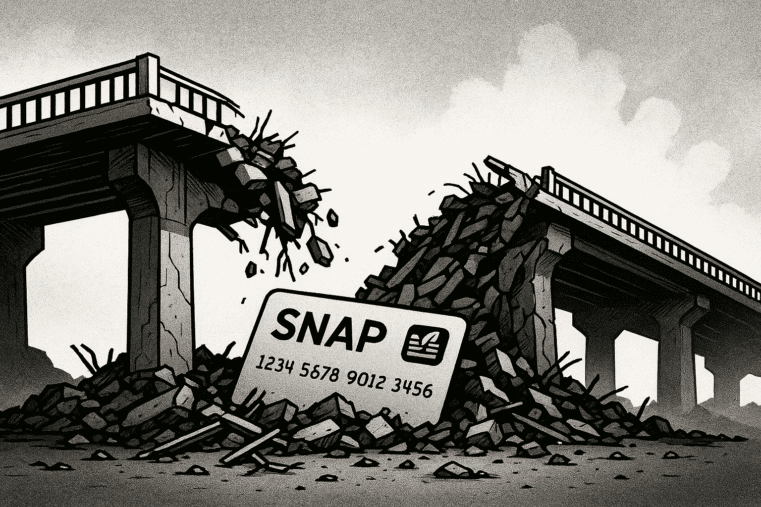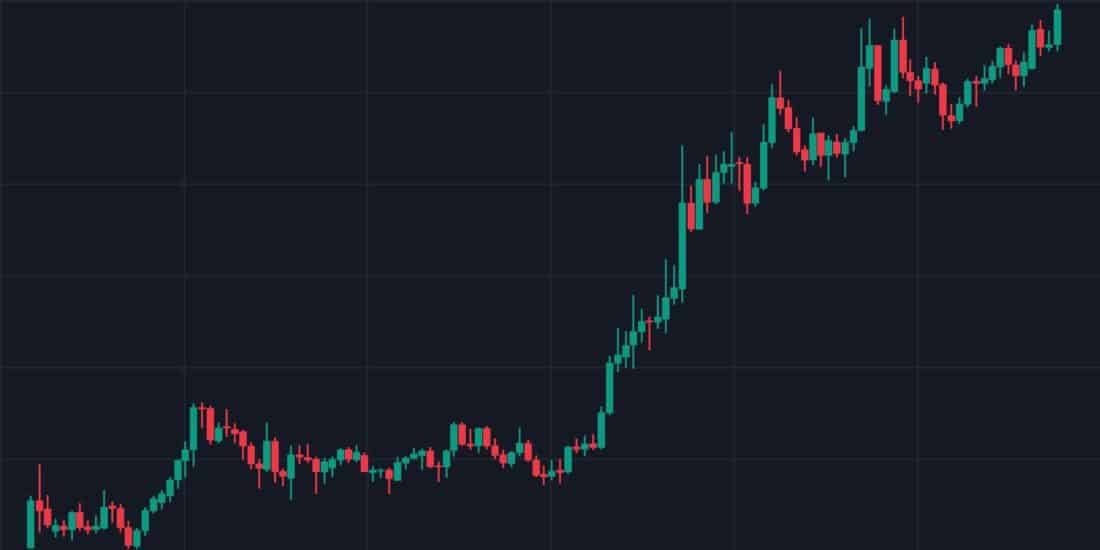
JP Morgan’s Recent Move Could Hurt Real Estate Investors
With banks starting to take a closer look at the loans they're underwriting, real estate investors may want to think twice about making any immediate moves.
This past weekend, JP Morgan Chase (NYSE: JPM) announced some changes to its underwriting criteria for potential borrowers. The decision came after the bank decided it wanted to lower the amount of risk it was taking on as it tries to determine the economic effects of the novel coronavirus outbreak.
For real estate investors, especially those in residential real estate, it is worth paying attention to these changes. Here's a look at why JP Morgan's decision matters and what investors should consider when changes like this happen.
What the heck is underwriting criteria, anyway?
While every lender makes decisions on who they loan to on a case-by-case basis, they can also set some general guidelines that every borrower has to meet. These guidelines can vary by what the loan will be used for, the creditworthiness of the borrower, and the type of loan the borrower wants to take out.
These general underwriting criteria can change based on myriad factors: The lender's appetite for risk and the state of the economy tend to be huge factors in how a lender sets underwriting criteria. For example, a study by the San Francisco Federal Reserve showed that underwriting criteria tended to be very loose as lenders were able to easily package and sell those loans to investors from 2005 to 2008. The opposite occurred from 2008 to 2010 as lenders only approved the most qualified borrowers to minimize the risk of a borrower defaulting on a loan.
That's why JP Morgan's move to tighten loan origination requirements is so meaningful. The company announced that all customers applying for new mortgages will need to have a credit score of at least 700 and will be required to make a down payment of at least 20% on the value of a home, as recently reported by Reuters. By comparison, the Mortgage Bankers Association (MBA) estimates that the average down payment today is about 10% of a home's value.
Why should real estate investors care?
There is no guarantee that other lenders will follow JP Morgan's lead, but JP Morgan is the nation's fourth-largest mortgage lender, so there are bound to be some implications for the real estate market. There are three things that real estate investors should be on the lookout for as a result of these changes:
Stricter lending criteria on other products
Underwriting criteria changes don't end at mortgages. If a lender is looking to lower its risk profile with mortgages, then chances are it will also lower its risk appetite for other types of lending such as HELOCs and hard money loans. That could make the search for short-term loans to finance a flip or to rehab their rental property more challenging as fewer lenders will be willing to take on that risk.
Higher scores = fewer potential buyers
This is pretty obvious, but if fewer people are eligible for a mortgage, then the pool of buyers to which an investor can sell a recently flipped house or unload a rental property drops. Just to give an example, If a lender increases its borrowing criteria from a credit score of 650 to 700, then the potential pool of buyers shrinks from 71.7% of Americans to 59.2%, according to the most recent data from the Fair Isaac Corporation, or FICO.
Selling to a smaller pool of buyers gives the buyer a slight leg up when negotiating price, but it may not be a big one in the grand scheme of things. The U.S. has been running at historically low housing inventories for decades, so a smaller pool of buyers probably won't be enough to tip the scales from a seller's to a buyer's market.
Higher down payment requirements = lower purchasing power
This one is the real kicker because the difference between average down payments today and what JP Morgan has announced is so stark. If all new homebuyers have to have 20% of the home value at the time of closing, that drastically lowers how much house a person can afford. In this scenario, an individual with $50,000 would only have the financial fortitude to purchase a $250,000 home versus $500,000 based on the current average from the MBA.
Simply put, there aren't a lot of individuals out there with that kind of cash on hand to make a significant purchase. The median savings account balance in the U.S. was only $5,200 as recently as 2018.
If borrowers were held to these stricter lending criteria, then spending habits would likely change and could alter real estate prices as they adjust to buyers' lower purchasing power.
Should real estate investors be concerned?
JP Morgan's lending criteria isn't the definitive word of what we can expect from lenders in the coming weeks, months, or potentially longer. The company also noted that this only applied to new borrowers and its lending criteria has not yet changed for current customers looking to refinance. So this is only one company changing the criteria for a portion of its lending operations.
That said, the ripple effects of the novel coronavirus outbreak are changing rapidly. Were other large lenders to enforce similar underwriting guidelines, it could have an impact on who will be able to make a significant real estate purchase in the coming months. It may be worth keeping an ear to the ground to see whether other lenders follow suit in the coming weeks.
As investors, it may be a good time to consider the amount of risk you're taking today and how you could position yourself to succeed should this trend of stricter lending take root.
Don't just survive a market crash: Thrive!
It's hard not to get swept up in the panic when the stock market is going crazy, but it is a lot easier if you're invested in real estate. Not only can you benefit from the incredible returns real estate offers, but you can also do so with half the volatility.
That's why we launched Mogul, a breakthrough service designed to help you take advantage of this critical asset class. Mogul members have been receiving investing alerts with projected rates of return of 16.1%, 19.4%, even 23.9% as well as cash yields of up to 12%! When you invest in stable, multiyear real estate developments, the value of these investments aren't subject to the wild swings of the market.
Join the waitlist for Mogul here and receive a complimentary 40-page guide on a NEW way to build wealth. Join the waitlist now.











